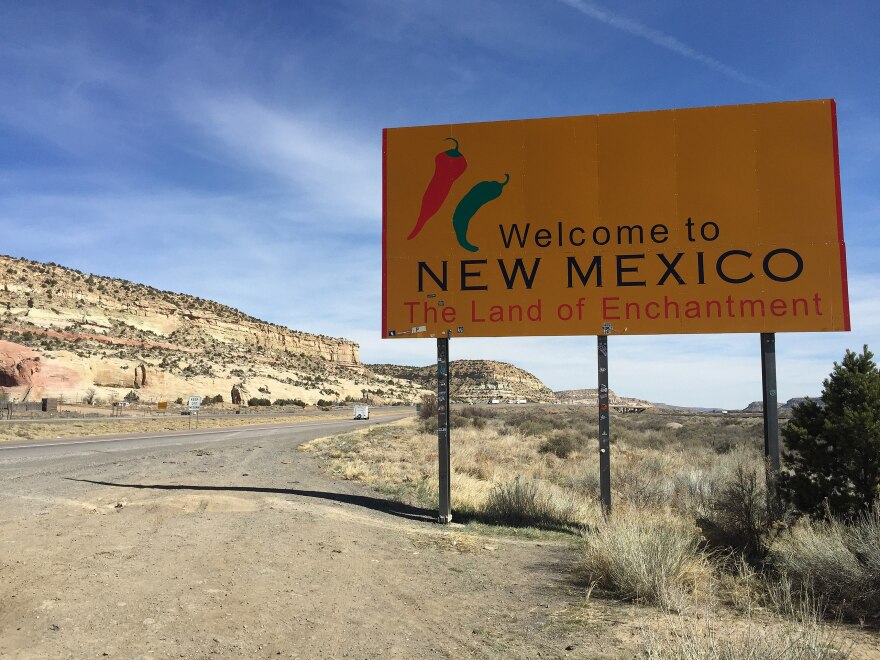In a Senate subcommittee hearing Wednesday, lawmakers discussed the challenges, costs and emotional impact on people traveling out of state for abortion access.
New Mexico has seen one of the largest increases in out-of-state patients in the nation.
The number of abortions being performed in the state has gone up 257% since 2020, and nearly three-quarters of those procedures have been on patients from out of state, according to the latest monthly report from the Guttmacher Institute.
Only Wyoming has seen a larger increase in the number of abortions performed since the Supreme Court’s Dobbs decision.
Isacc Maddow-Zimet, the data scientist responsible for the report, spoke at the hearing . He said those who have to travel to receive abortion services face several barriers: financial, logistical, and emotional. That often means people from marginalized groups “are forced to remain pregnant when they don’t want to be.”
“The impact falls especially hard on those who already face the biggest barriers to health care–black people and other people of color, immigrants, young people, LGBTQ+ folks, and people with fewer economic resources,” he said.
Texan Lauren Miller also gave testimony at Wednesday’s hearing. She had to travel out of state for abortion care when she learned one of the twins she was carrying was likely to die in the womb, risking both her life and the life of the other twin.
Texas’ so-called “bounty hunter law” provides up to $10,000 to people who bring suits against people who “aid and abet” those seeking abortions. As a result, she says doctors refused to provide her with any helpful information, and she was terrified of someone finding out why she and her husband were traveling.
“It felt like we were in a dark room…feeling for a door, trying to find a way out,” she said. “We’re hearing a lot of opinions on abortion here, and none of them matter to a person who is a patient in that room.”
The hearing was the latest in a series of moves by Congressional Democrats to put a spotlight on abortion bans and their effects in the run-up to the two year anniversary of the Dobbs decision that found the Constitution does not guarantee a right to an abortion.
Last week in another Senate committee hearing, lawmakers called the post-Dobbs environment a “nightmare” and an “assault on women’s freedoms.” Republicans called the hearing an election-year ploy.
A growing number of Texas communities have passed local ordinances to try and limit travel through their towns to New Mexico for those seeking abortions.
This coverage is bright to you in part by the W.K. Kellogg Foundation.




